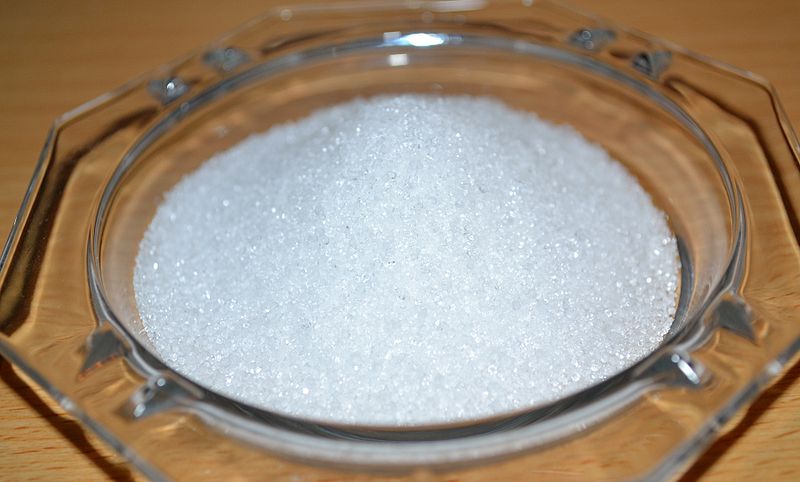Podcast: Play in new window
BOB HIRSHON (host):
Fructose and the brain. I’m Bob Hirshon and this is Science Update.
Fructose, a sugar used in many processed foods, may fail to fill us up and even make us hungrier. This according to a brain imaging study by University of Southern California endocrinologist Kathleen Page and her colleagues. Page’s team found that after people drank a glucose beverage, parts of the brain associated with food-seeking became less active. But fructose didn’t have that effect.
KATHLEEN PAGE (University of Southern California):
In addition to that we saw that fructose did not cause feelings of fullness, whereas the participants reported an increase in feelings of fullness after the glucose drink.
HIRSHON:
The study adds to a growing body of evidence linking fructose consumption to overeating and obesity. Page notes that our bodies may be tuned to respond mainly to glucose, since that’s the dominant sugar in our bloodstream. Furthermore, back when humans got fructose mostly from fruits and vegetables, wanting more of the same wouldn’t have been a bad thing. I’m Bob Hirshon for AAAS, the Science Society.


 Podcast for 4 January 2013
Podcast for 4 January 2013